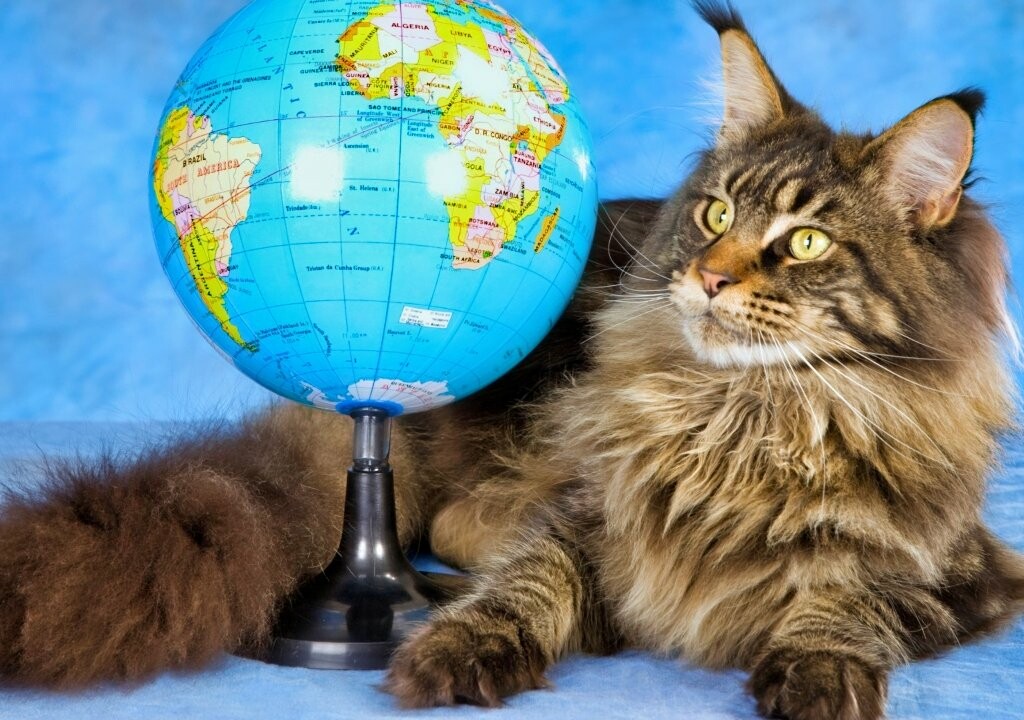This coming Monday, August 8, marks International Cat Day, a date created in 2002 by the International Fund for Animal Welfare to raise awareness about the care of the most special and pampered members of families. International Cat Day, is a date created in 2002 by the International Fund for Animal Welfare.
International Cat Day – Essential cat care
There is no better way to celebrate and pay tribute to these animals than to give them, in addition to love and affection, a series of essential care so that they are always well.
Seven or nine lives?
Although there is a belief that cats have more than one life, it is pertinent to mention that they have only one. That is why it is more than important to emphasize that, for this to be as placid, calm and healthy as possible, they should be cared for and given everything they deserve and need.
This myth comes from antiquity and has transcended from generation to generation, thanks to the association that cats have with superstition, mystical or unearthly things.
While in some Latin American countries and Spain it is mentioned that they have seven lives, because of the symbolism and good luck of this number.
In other countries such as Greece, Mexico, Peru and the United Kingdom they are said to have nine lives. This last idea comes from ancient Egypt, where it was believed that when eight deities united, they gave birth to the cat and in him, all lives were contained.
Regardless of whether they have more than one life, what is certain is that it is in this one that the guardians must make sure that the kittens in the home are always well.
Food
This is one of the fundamental components of care and, perhaps, the one that some guardians pay less attention to, believing that cats are the same as dogs. One of the main differences between cats and dogs is that cats are 100 percent carnivores.
Cats obtain an indispensable amino acid, taurine.
Apart from favoring digestion, improving metabolism and helping to maintain the body in adequate conditions, taurine will prevent problems such as slow growth, visual impairment, enlargement of the heart (known as dilated cardiomyopathy), low effectiveness of the immune system, mortality of kittens of pregnant cats and even disorders of the nervous system.
This amino acid is adequately balanced in concentrated food and, in addition, in chicken meat, beef liver, fish and seafood, among other foods.
Cat hairballs
Because of their grooming habits and thanks to the small spines on their tongues, cats ingest large amounts of hair when grooming.
These are usually expelled through feces or vomit; however, sometimes they can accumulate and cause intestinal obstructions, resulting in constipation, decay, lack of appetite, or diarrhea.
To avoid them, an adequate diet (rich in fiber) and frequent brushing is necessary.
Cat litter box
Cats are extremely clean and neat animals and need a special place to relieve themselves.
As they retain this hunting instinct, they tend to hide or cover urine and feces, thus leaving no traces.
There are different types of litter on the market with different properties. What is essential is that it is cleaned frequently, that it is far from the resting, eating, or drinking area and that the waste is disposed of properly.
Deworming
They are also victims of internal and external parasites such as fleas, ticks, mites and gastrointestinal worms, among others, which affect them even if they do not leave the house.
When proper deworming protocols are not followed, kittens may present skin lesions, frequent scratching and licking, alopecia, diarrhea, vomiting, weight loss, abdominal inflammation, ear inflammation and poor hair quality, among others.
Vaccination
As with dogs, viruses also affect cats and can reduce their quality of life and life expectancy.
This is the reason why cats, from the first weeks of life, should start a vaccination schedule that allows them to face the most common diseases such as rabies, panleukopenia, leukemia and calicivirus, among others.
It is important to visit a veterinarian to start the vaccination schedule.
When proper deworming protocols are not followed, kittens may present skin lesions, frequent scratching and licking, alopecia, diarrhea, vomiting, weight loss, abdominal inflammation, ear inflammation and poor hair quality, among others.
Diabetes
They may develop diabetes mellitus, as seen in humans.
This develops mainly in those with advanced age (older than seven years), sedentary lifestyles and who are overweight or obese. Fortunately, it is a disease that can be easily diagnosed and treated.
Socialization
From the first weeks of life, cats need to learn to recognize different stimuli. Exposure to these will allow them to have better behaviors, interact with other individuals and feel comfortable and will also help to keep the furniture intact in the home.
This article has been adapted and translated by InfoMistico.com / Source: eltiempo.com





